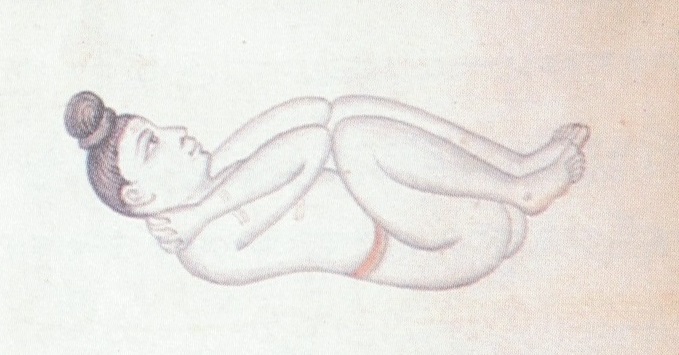‘The five components of yama are called ‘mighty universal vows’, as they are not confined to class, place, time or concept of duty. They should be followed unconditionally by everyone, and by students of yoga in particular, irrespective of origin and situation, with a reservation concerning cultural phenomena such as religious ceremonies, vows and vocations of certain people. They form the framework of rules on which society is based.
I believe that this universal approach should be applied to all the other component stages of yoga, without distinction of time, place or circumstances, to lay down the precepts of a universal culture’.
Iyengar BKS Light on Yoga Sutras of Patanjali p. 143
The subject is in 5 parts and contains articles, videos and quotes. It is advisable to not rush through our subjects consuming the content quickly: apply a reflective mode where you might read an article prior to or immediately after practice. Where quotes are used they are often accompanied by an extract of the text. Look up other quotes used (as they often have the source and page noted) and read a fuller portion of the text. You might consider covering one part of the subject each week. Y-02 is a lifetime enrollment
Alans Introduction to Yama and Niyama


